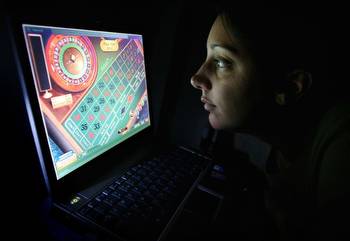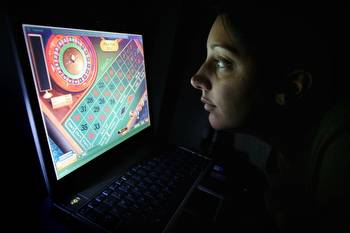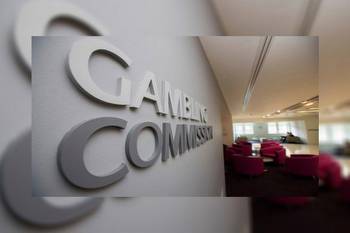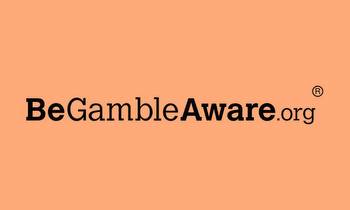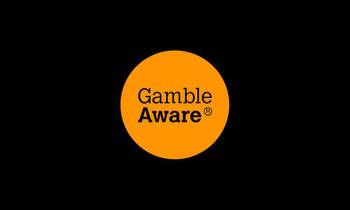Twice as many gaming accounts belong to customers in most deprived areas

Participation in online gambling games is disproportionately concentrated in the most deprived areas of Great Britain – with these players more likely to incur heavy losses, a study has found.
Some 29% of gaming accounts are registered to the most deprived areas while 13% come from the least deprived areas, according to The Patterns of Play report, carried out by the National Centre for Social Research (NatCen) and the University of Liverpool for the charity GambleAware.
Some 25% of customer losses from gaming came from the 20% most deprived areas, while 15% losses came from the 20% least deprived areas.
Researchers analysed data from 139,152 online accounts for both gaming – including bingo, virtual and live casino, poker and slots as well as online betting on sport events – provided by seven major operators between July 2018 and June 2019.
Overall, betting – primarily on sports such as football and horseracing – was most popular in terms of numbers participating, but gaming was associated with a higher probability of incurring heavy losses.
Of those who spent the most, a higher proportion had addresses in the most deprived neighbourhoods.
The study found that the heavy spending groups included “many” players from very deprived areas, and that the online gambling industry relied on a small percentage of customers with the largest losses for the vast majority of its revenue, authors said.
Overall, the “top 10%” of gambling accounts contributed 79% of operator revenue.
Lead analyst Professor David Forrest, from Liverpool University, said: “This study offers us a globally unprecedented opportunity to understand the online gambling landscape. In contrast to betting, we see that participation and customer losses in gaming were concentrated in more deprived areas and a higher proportion of customers had losses in the thousands of pounds over the year.
“Whilst political debate and campaigns have focussed on the risks around betting, our research shows it is important to raise awareness of the gambling harms associated with online gaming.
“Gaming, in particular slots games, is much larger in terms of total online spending by British players and analysis of customer account data throws up more red flags indicative of potential harm from gambling.”
NatCen director of health Dr Sokratis Dinos said: “This research provides an unprecedented insight into online gambling, with crucial insights for future policy and regulation in Great Britain.
“For both gaming and betting, a ‘vital few’ customers are providing the lion’s share of revenue for major gambling operators. The survey further indicates that many of these customers may be at risk of gambling harms.”
Zoë Osmond, chief executive at GambleAware, said: “This research adds to the growing body of evidence showing that harms from gambling are falling disproportionately on the poorest communities.
“The current cost-of-living crisis along with the economic fallout of the pandemic can only exacerbate this further, which underscores the need for concerted system-wide action to prevent gambling harms.
“We welcome the findings and recommendations for future public health campaigns, as we work to break down the barriers that those suffering from gambling harm face when accessing treatment and support.”













